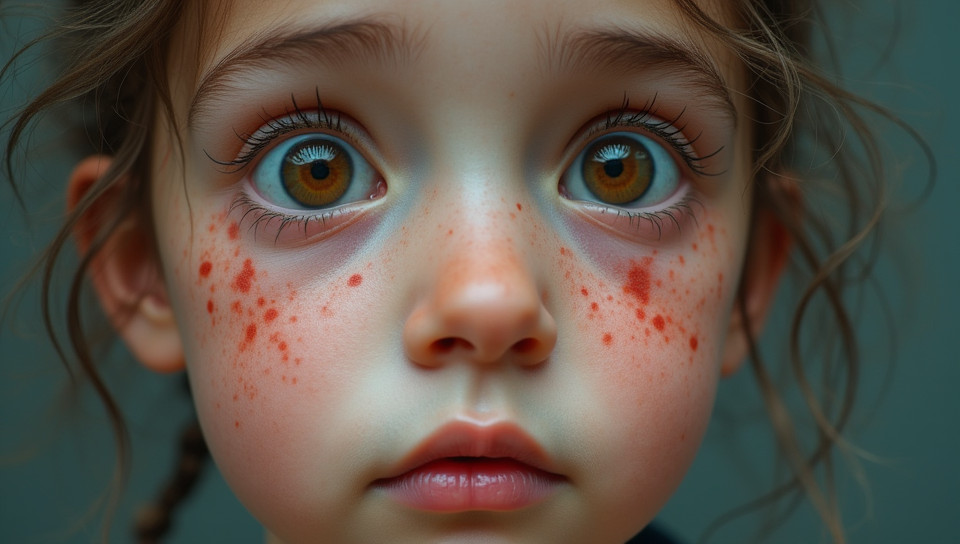Half of all chronic mental health conditions begin by age 14 86%

The Alarming Reality of Adolescent Mental Health
As we navigate the complexities of modern life, it's easy to overlook the importance of mental health, especially when it comes to our young people. However, recent studies have shed light on a disturbing trend that should be a wake-up call for parents, educators, and policymakers alike: half of all chronic mental health conditions begin by age 14.
The Statistics Are Staggering
- Anxiety disorders
- Mood disorders (such as depression)
- Substance use disorders
- Trauma and stressor-related disorders
These conditions can have a profound impact on an individual's quality of life, relationships, and overall well-being. By understanding the factors that contribute to these conditions, we can take proactive steps to support our young people and prevent mental health issues from taking hold.
The Role of Adversity in Adolescent Mental Health
Adolescence is a time of significant change and growth, but it's also a period when young people are more vulnerable to adversity. Factors such as bullying, social media pressures, family conflict, and academic stress can all contribute to the development of mental health conditions.
Breaking the Cycle of Silence
It's essential that we create an environment where young people feel comfortable opening up about their struggles with mental health. By encouraging open dialogue and providing access to resources and support, we can help prevent mental health issues from escalating and promote healthy coping mechanisms.
Empowering Parents and Caregivers
As a society, we often rely on parents and caregivers to be the first line of defense against mental health issues. However, many individuals lack the knowledge and resources necessary to identify warning signs and provide effective support. It's crucial that we equip parents with the tools they need to recognize potential problems and know how to respond.
Conclusion
The fact that half of all chronic mental health conditions begin by age 14 is a sobering reminder of the importance of prioritizing adolescent mental health. By understanding the factors that contribute to these conditions, creating a supportive environment, empowering parents and caregivers, and promoting healthy coping mechanisms, we can work towards preventing mental health issues from taking hold. It's time for us to take action and ensure that our young people have the support they need to thrive.
- Created by: Mehmet Koç
- Created at: Aug. 21, 2024, 9:23 p.m.
- ID: 7981

